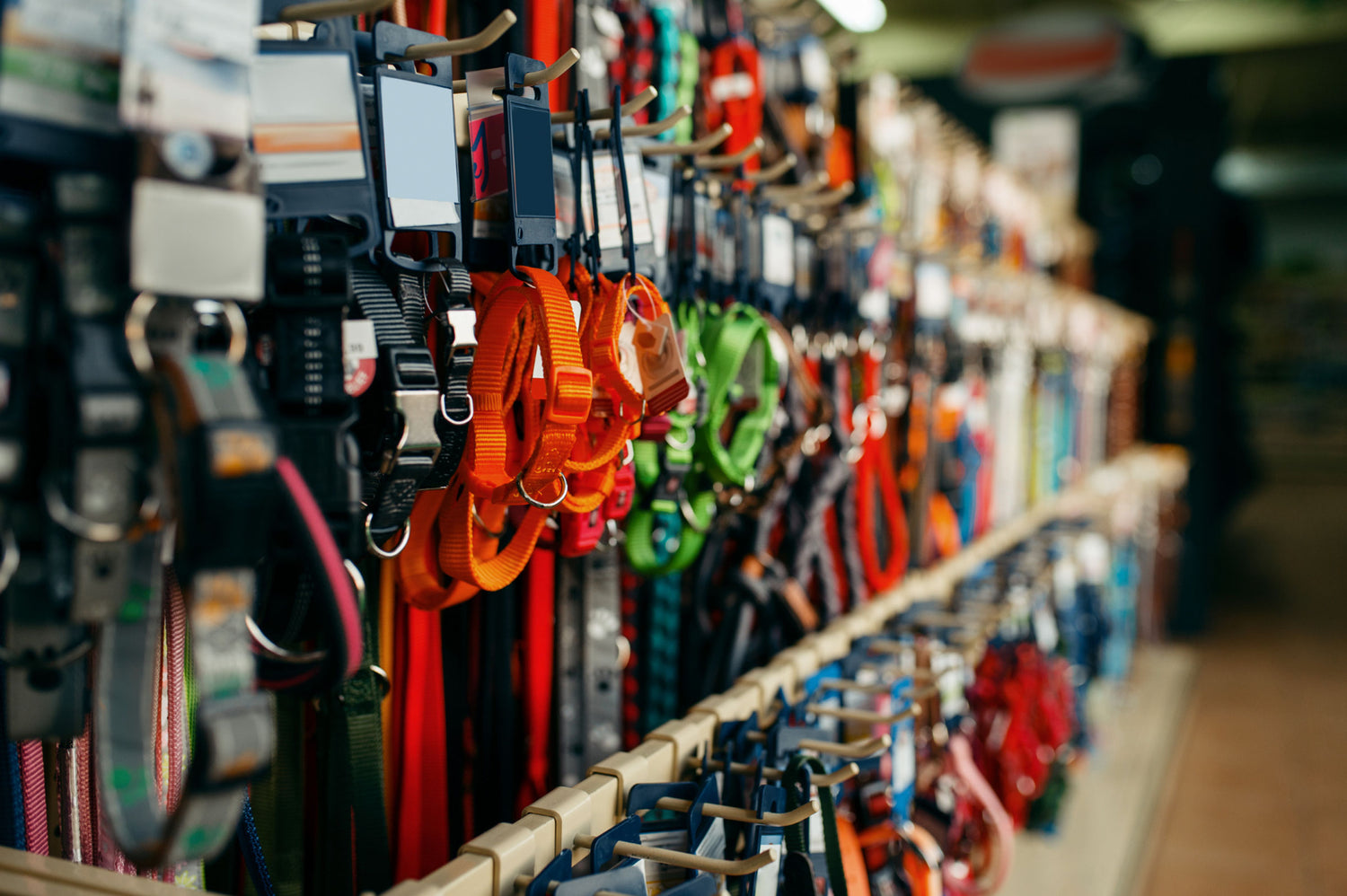Retractable leashes, while popular among dog owners for their convenience and the freedom they offer, come with a set of challenges and risks that might not make them the best choice for every pet and situation. Understanding the potential downsides of these leashes can help you make a safer, more informed decision for your furry friend.
Safety Concerns
- Lack of Control: Retractable leashes can extend up to 26 feet, allowing dogs to move far from their owners. This distance can make it difficult to control your pet in potentially dangerous situations, such as approaching aggressive animals or nearing busy streets.
- Injuries to Dogs and Owners: The thin cord of a retractable leash can cause burns, cuts, and even severe injuries like finger amputations if it gets wrapped around a part of the body. Dogs can also suffer injuries; sudden stops can lead to neck wounds or worse if the dog is moving at full speed when the mechanism locks. An estimated 356,746 leash related injuries occurred between 2001 and 2018, according to the American Journal of Emergency Medicine.
False Sense of Security
Retractable leashes can give dogs the impression that they have more freedom than they actually do, leading to behavioral issues. This perceived freedom can encourage pulling, as the dog learns that by pulling harder, they can gain more leash length. This can undermine training for proper leash behavior.
Durability and Reliability Issues
Many retractable leashes are not built to withstand the pull of larger, stronger dogs, leading to breaks that can put a dog in dangerous situations. Additionally, the retraction mechanism can fail over time or with wear, either refusing to extend, retract, or lock, further compromising the safety of both pet and owner.
Environmental Hazards
The ability of dogs to wander off-path can lead them into unsafe areas, like private property, or into contact with hazards like snakes or toxic plants. Owners might also find it more difficult to control their pet’s interactions with other animals or people, especially if the dog is aggressive or overly friendly.
Conclusion: A Leash on Freedom
While retractable leashes offer the allure of freedom and extensive exploration for your dog, they also introduce significant risks and may contribute to behavioral problems. For most owners, traditional leashes provide greater control and safety for both the dog and the public.
Assessing your individual needs and considering a switch to a standard leash might just lead to safer and more enjoyable walks for you and your canine companion. Always maintain your pet’s health and nutrition with proper food and quality supplements, like veterinary-strength supplements from VetSmart Formulas.










